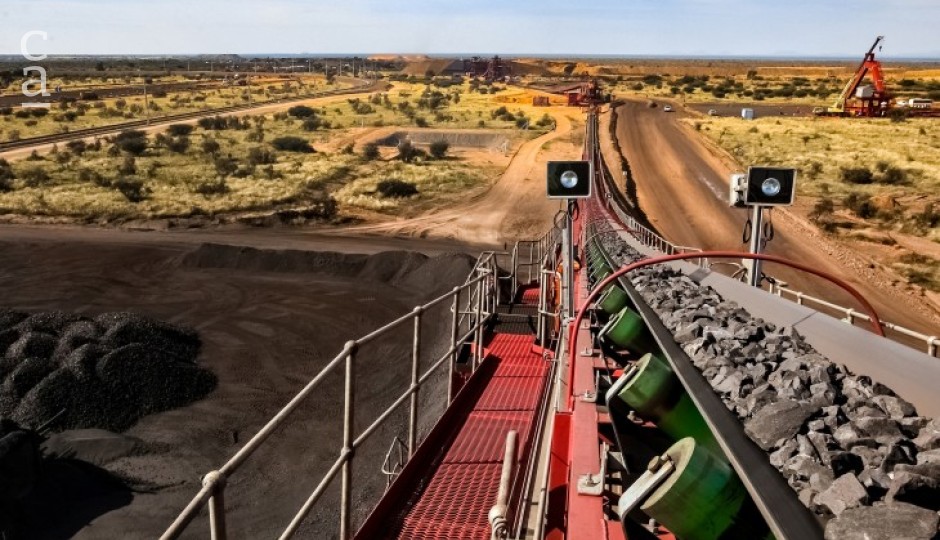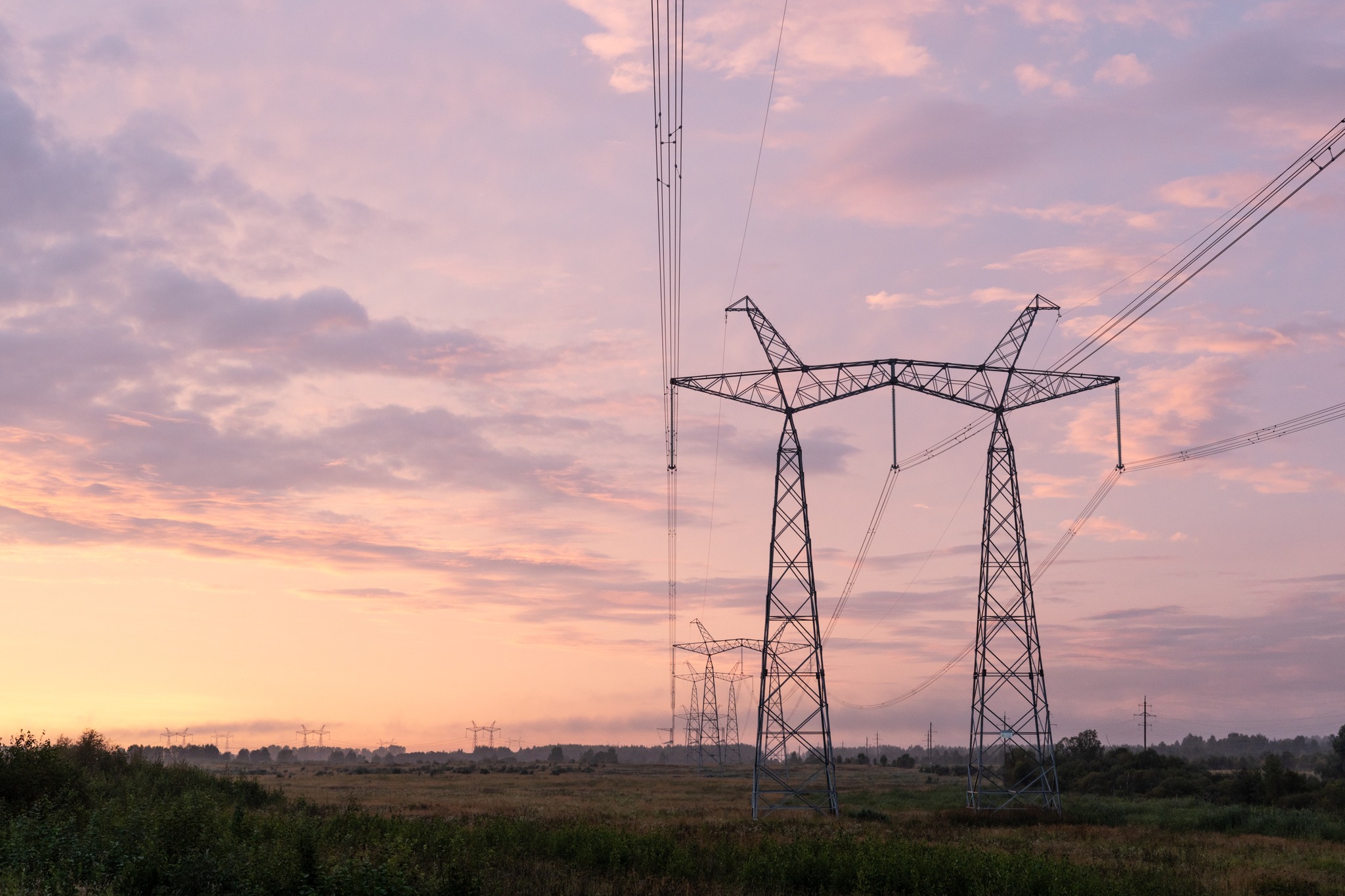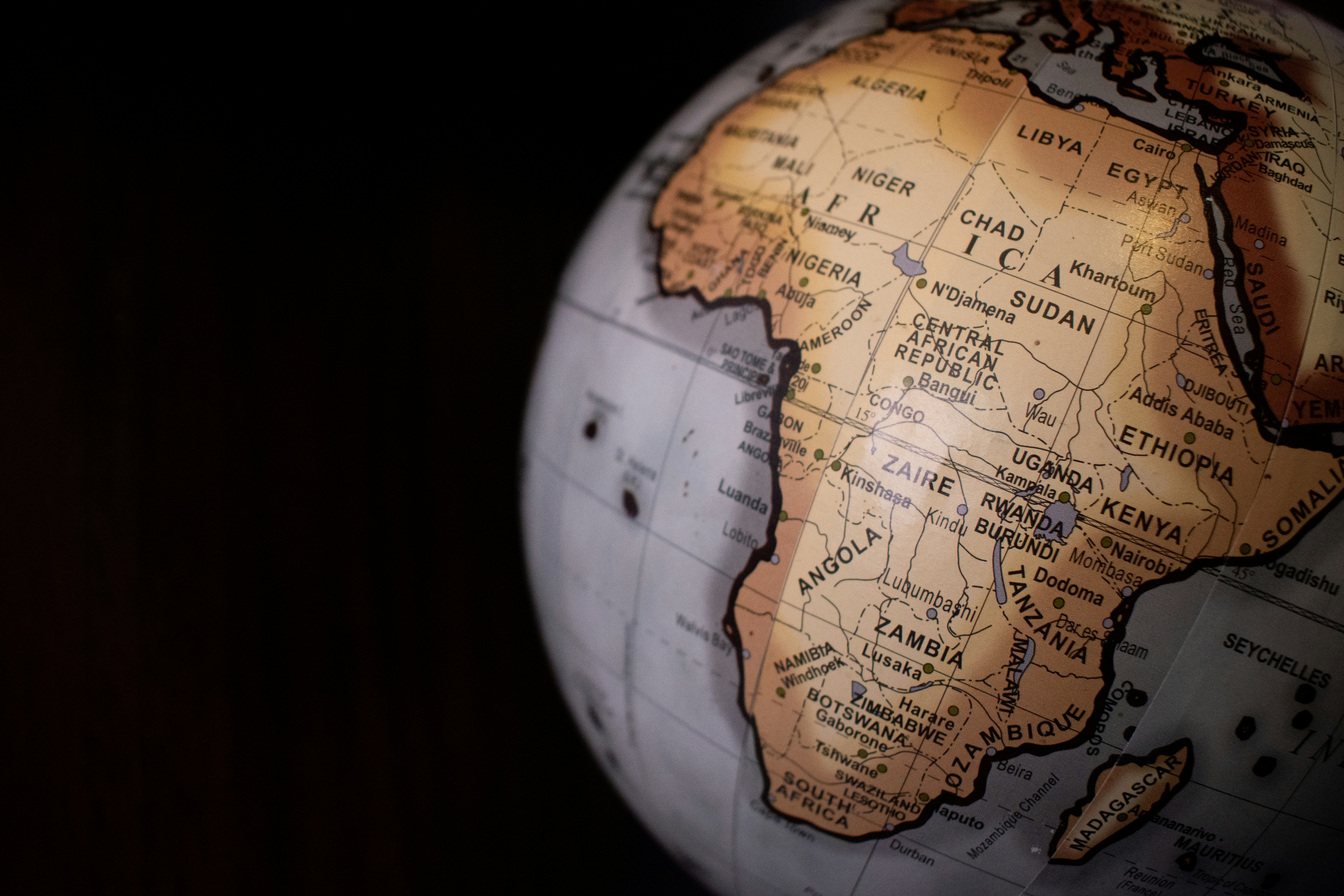Africa Green Minerals Are Facing a Shift
The development of the construction industry in Africa is inseparable from the support of African minerals.

The African continent is very rich in mineral resources. There are many reserves of copper, cobalt, manganese, nickel, bauxite, chrome, gold, lead-zinc, antimony, titanium, and phosphate.
African minerals face major challenges
The global transition to
Want to continue?
Subscribe to get access to premium content
By subscribing you get access to the Newsfeed, Tenders, Events



